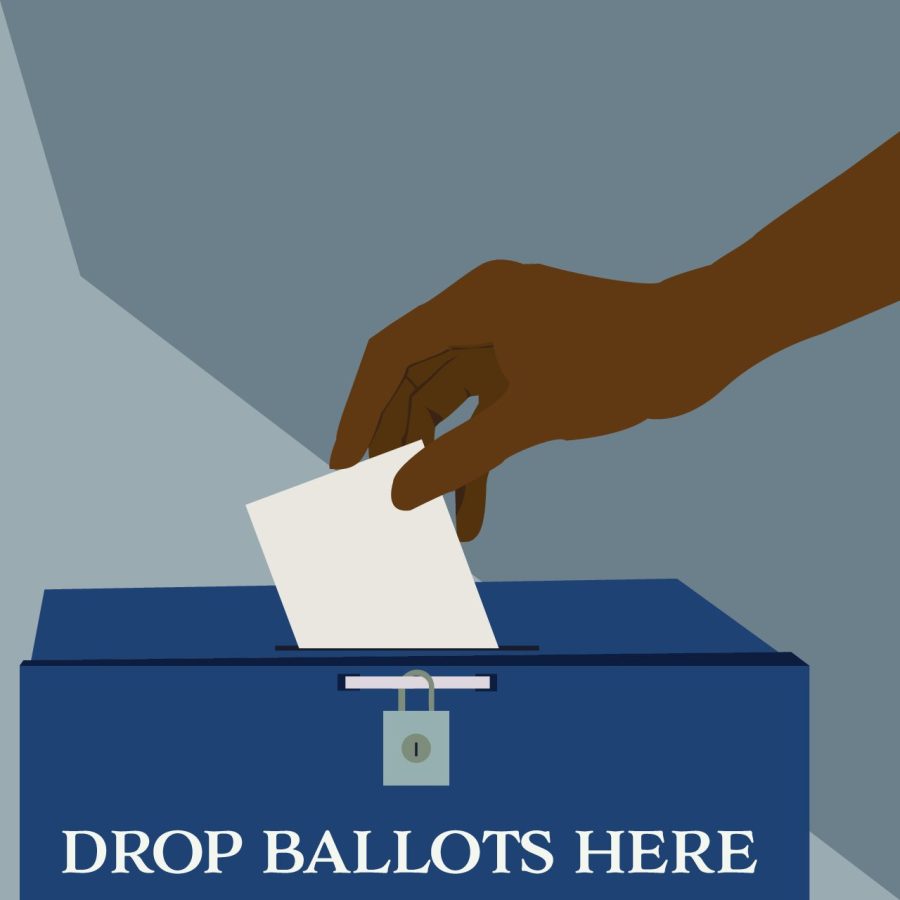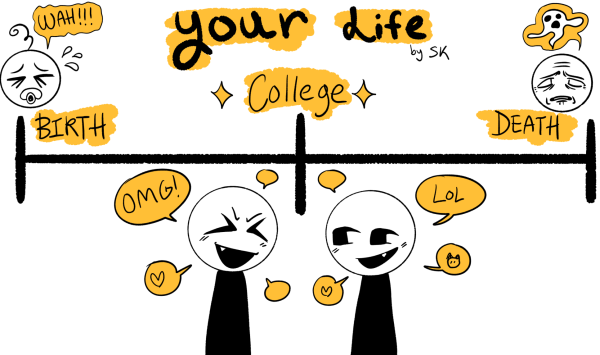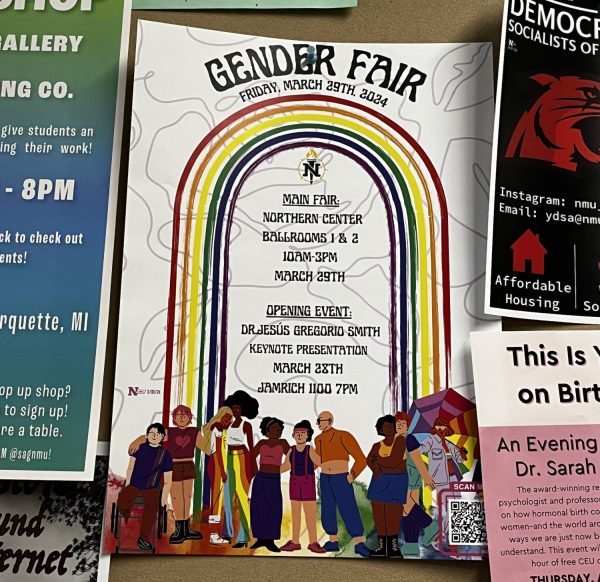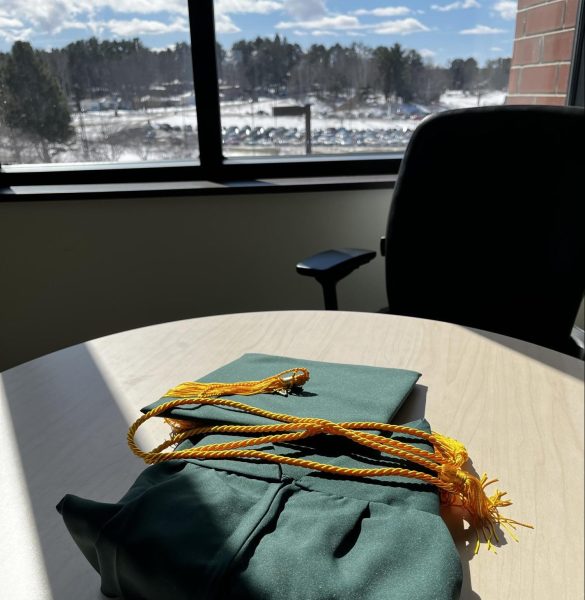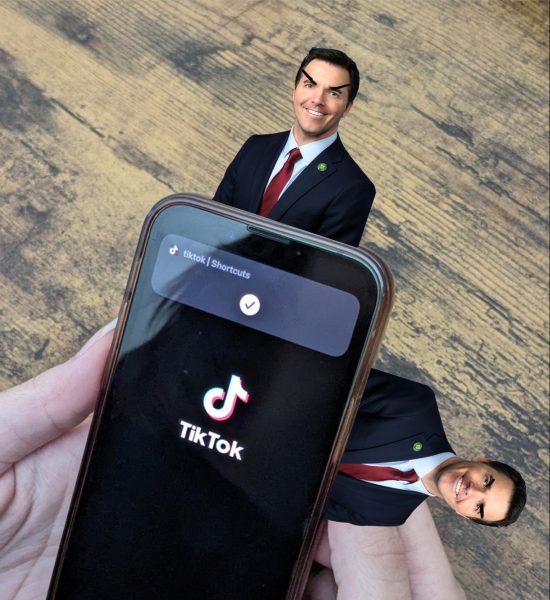Editorial — Your vote matters
November 3, 2022
Midterm elections are right around the corner, which means the time has come for you to practice one of the most important civil service acts afforded to you as a United States citizen — voting.
We get it. You are probably tired of the endless stream of political ads and cannot wait for election season to be over. This sentiment is common amongst college students, and while we understand the exhaustion it is still important for us as youth to get out and vote.
Your singular vote may feel meaningless. However, the simple act of casting a ballot has a direct effect on the future of the country that we will soon be the leaders of. If we want to see a change in our favor, we have to make our voices heard now.
Despite constituting roughly a quarter of the United States population, youth voters (ages 18-29) historically have the lowest voter turnout of eligible age groups with on average less than 50% of the population participating in the past 13 presidential elections.
According to the Center for Information and Research on Civic Learning and Engagement, however, youth turnout exceeded expectations in 2020. That presidential election saw an 11-point increase in youth voter turnout, with 50% of the population voting compared to the previous 39%.
This fact marked the 2020 presidential election with one of the highest youth voter turnouts since 1971 — the year when the legal voting age was changed from 21 to 18
These statistics show that more youth are becoming civically engaged. The voting process in America, however, can be complicated for college students.
Common questions amongst students include: Where should I register to vote, in my hometown or college town? Will I be able to vote in person? If not, how do I get an absentee ballot? What happens if my permanent address changes every year?
Navigating voting registration is awkward for students, but you are not alone in this process. There are many valuable resources to help ensure that you are able to cast your vote in whatever state you ultimately choose.
There are many organizations, both on and off campus, that dedicate themselves to answering these types of questions. To name a few, Northern Votes, Rise and the League of Women Voters of Marquette County have been hosting events at NMU to help register and educate the campus community on the upcoming election.
If you have any election questions, all of these organizations are just an email away.
Also, vote411.org provides voting information tailored to you. By typing in your address, you will be provided information on all of the candidate races, both state and local, along with the proposals and millages that will appear on your ballot. The website also includes candidate-written bios and brief explanations of the proposals and millages.
Other official websites, like Ballotpedia and mi.gov/vote, have proven themselves to be valuable resources. Additionally, if you are interested in learning more about a particular candidate, most have official websites for their campaigns that should result from their name search.
Voting is one of many democratic processes that keeps all levels of our government working in the best interest of the people. Even if your candidate of choice loses or a ballot proposal you favored fails, your vote is still counted and may still have the power to affect public opinion — especially in close races.
Remember: As democratic citizens, we exist in a mutual power relationship with our elected leaders. They rely on our support to stay in office. If they fail us or do not meet our expectations, we have been given the power to vote them out of office as well. That is the beauty of democracy.
With that, go vote! Not only will you feel a sense of involvement and accomplishment, but you will also get a cool sticker that lets everyone know that you did your part in this election.
Editor’s Note: The North Wind is committed to offering a free and open public forum of ideas, publishing a wide range of viewpoints to accurately represent the NMU student body. This is an editorial, written by the North Wind Editorial Board in its entirety. It reflects the majority views of the individuals who make up the editorial staff of the North Wind. It is the policy of the Editorial Board not to endorse candidates for any political office, in order to avoid aligning this public forum with particular political organizations.





















